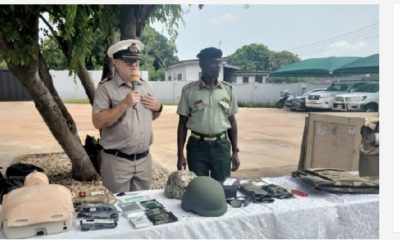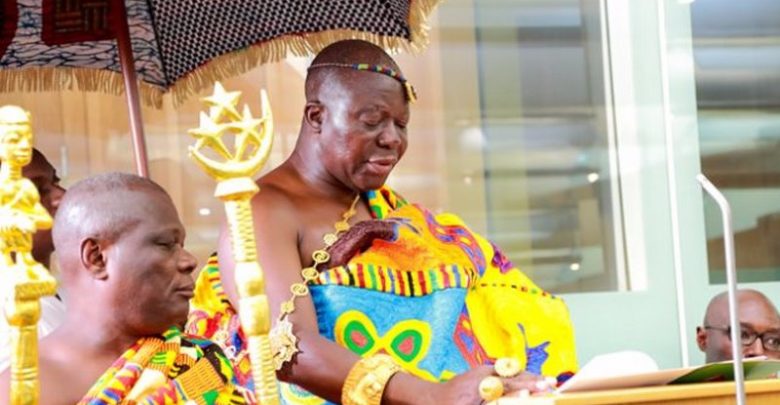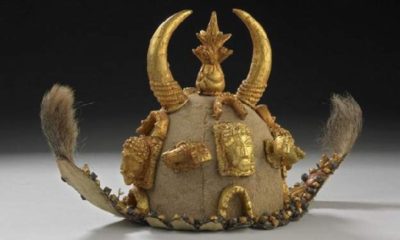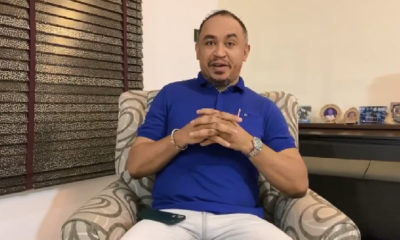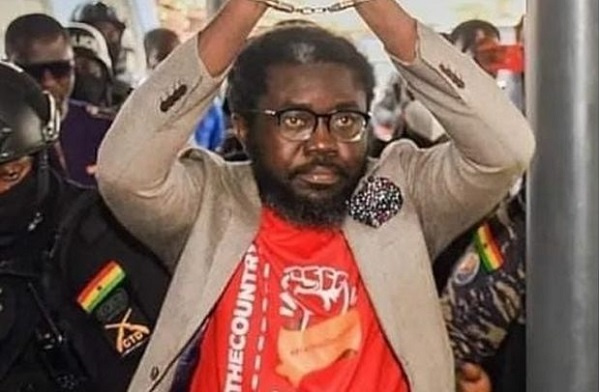News Africa
Timeline: Buhari has spent 200 days in UK for treatment since assuming office
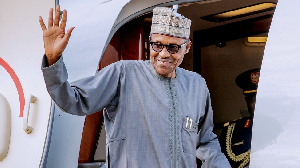
 The latest medical trip to the UK is Mr Buhari’s seventh since he was sworn into office in May 2015
The latest medical trip to the UK is Mr Buhari’s seventh since he was sworn into office in May 2015
Less than 15 weeks after President Muhammadu Buhari returned from London where he had gone to receive medical attention, he has returned to the UK for “a summit and scheduled medical follow-up.”
As usual, Mr Buhari’s publicists did not disclose what the medical follow-up is for, only noting that the president will be in the UK until the second week of August.
The latest medical trip to the UK is Mr Buhari’s seventh since he was first sworn into office on May 29, 2015.
By the second week of August, when the president is due back, he would have spent about 200 days in London on official medical trips.
In effect, therefore, for every ten days Mr Buhari has been in office as Nigeria’s president, he has spent one day in London for health treatment.
Last week, Mr Buhari’s spokesperson, Femi Adesina, was asked on Channels TV if the well-funded Aso Rock clinic could not cater for the medical needs of the president, his response was that “President Buhari has used the same medical team for about 40 years.”
He added that: “Once you can afford it, it’s advisable you stay with the team that has your medical history.”
TIMELINE: Buhari, a medical tourist? The Nigerian leader, who coasted to a historic victory in 2015, took his first vacation only eight months after coming to office. He spent six days in London between February 5 and 10 in 2016.
His second medical trip came on June 6, 2016. He travelled for 10 days to England, seeking further treatment for an ear infection. The president extended his trip by three days before coming back on June 19, 2016.
By January 19, 2017, Mr Buhari wrote to the Nigerian Senate, one he had a frosty relationship with at the time, disclosing his intention to travel abroad on a 10-day vacation and that he would hand over to Vice President Yemi Osinbajo.
Although the letter said he would commence the vacation on January 23, 2017, Mr Buhari departed Nigeria on the same day he wrote the lawmakers.
On March 10 of that year, exactly 50 days after his departure, Mr Buhari returned but was not able to resume work immediately.
Less than two months after, the president embarked on another trip to London for another medical checkup. Although his aides would not confirm what he was treated for, they urged Nigerians to pray for him.
Mr Buhari returned after 104 days, amidst misinformation about the true state of his health.
A year after his longest trip yet, Mr Buhari travelled to London in May 2018 for a “four-day medical review.”
Towards the end of March, this year, the president flew to London to take “a short rest” – one that lasted for 15 days and which the presidency had earlier described as “routine medical check-up.”
While in the UK in April, resident doctors in Nigeria, commenced an indefinite strike due to the nonpayment of some allowances.
Nigeria’s resident doctors are also on strike at present, while the president is in the UK on a medical trip.
Nigeria’s poorly equipped hospitals while Mr Buhari and members of his immediate family routinely travel for medical treatment in the UK, Nigerian hospitals battle with inadequate equipment and inadequate funding.
Nigerian doctors announced their plans to commence a nationwide industrial action from Monday, August 2, accusing the federal government of failing to implement a Memorandum of Action (MOA).
The strike action is already grounding activities at the nation’s tertiary hospitals.
Nigerians have for decades suffered from a fragile health system, ill-equipped clinics and poorly paid and overworked health workers, many of whom have moved abroad to seek greener pastures.
In the UK, the Nigerian president’s preferred medical destination, there are at least 8,192 medical doctors of Nigerian origin working there, according to data from the UK General Medical Council, over 50 per cent increase from 2015.
The president’s reluctance to patronise Nigerian doctors could be a catalyst for the exodus of doctors from the country, analysts believe, which should be worrisome for a country that has one doctor for every 5,000 people, as estimated by the Medical and Dental Council of Nigeria (MDCN).
Similarly, PREMIUM TIMES reported how medical tourism has been estimated to cost Nigeria over N576 billion ($1.2 billion) yearly, a part of that by the Nigerian leader, although the government never discloses the cost of Mr Buhari’s medical trips.
This year, Nigeria will spend 7 per cent of its budget on healthcare, a fraction of the 15 per cent target set by the African Union.
Like Buhari, like other African leaders like Mr Buhari, many other African leaders perpetually travel on medical tourism. In 2016, Africans spent over $6 billion on outbound treatment, and their leaders accounted for a large share of that amount.
Many African leaders have historically shunned local hospitals and instead sought treatment abroad.
For example, Patrice Talon, the president of the Republic of Benin, underwent surgery in France a few years ago.
Robert Mugabe, who ruled Zimbabwe for 37 years, often travelled to seek eye-related treatment in Singapore.
Jose Eduardo dos Santos who stepped down as Angola’s leader after 38 years, also travelled to Spain for treatment.
PREMIUM TIMES also reported how the then Prime Minister of Ivory Coast, Hamed Bakayoko, died in March while receiving treatment at a German hospital.
-

 Lifestyle3 weeks ago
Lifestyle3 weeks agoRoad Safety Authority narrates how buttocks causes road accident
-
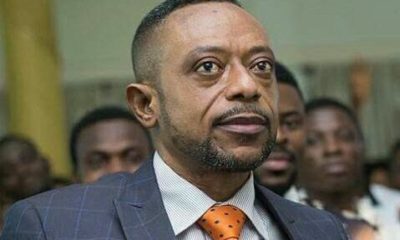
 GENERAL NEWS1 month ago
GENERAL NEWS1 month agoWhy 15 police officers stormed Owusu Bempah’s church – Kumchacha narrates
-
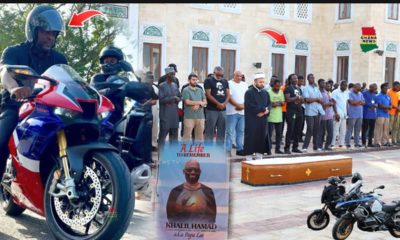
 GENERAL NEWS3 weeks ago
GENERAL NEWS3 weeks agoWatch how Ibrahim Mahama rode Honda superbike to pay last respects to late friend
-

 GENERAL NEWS4 weeks ago
GENERAL NEWS4 weeks agoHow Offinso residents storm destooled queen mother’s house, demand for new chief
-

 South Africa News4 weeks ago
South Africa News4 weeks agoWoman thrown out of a speeding taxi while on her way to work
-

 GENERAL NEWS7 days ago
GENERAL NEWS7 days agoDeadly clash between youth and navy personnel results in two deaths at Tema Manhean
-

 SHOWBIZ KONKONSAH1 week ago
SHOWBIZ KONKONSAH1 week agoJunior Pope’s Death: Video of John Dumelo refusing to join canoe for movie shoot over safety concerns resurfaces
-
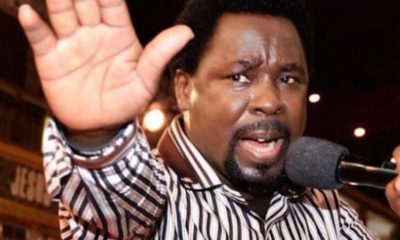
 News Africa2 months ago
News Africa2 months ago‘Satanically dubious’ – SCOAN releases statement on BBC’s report about TB Joshua, church

